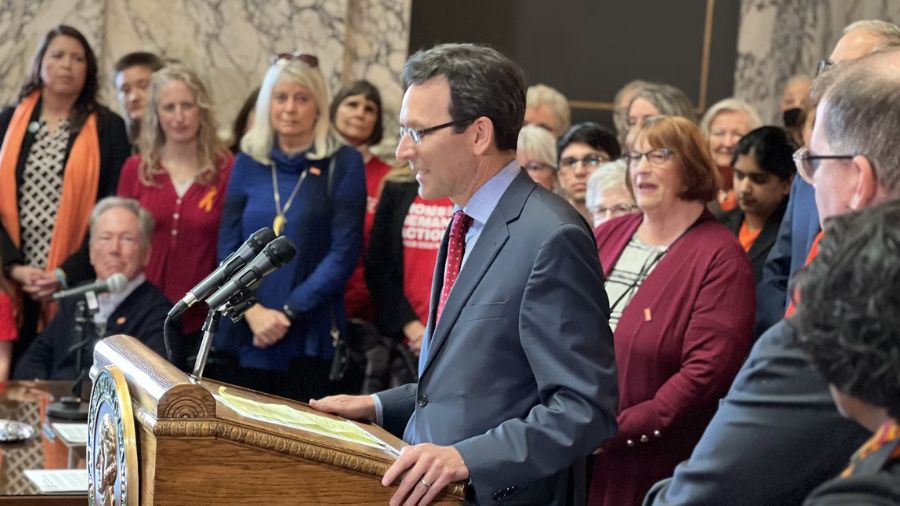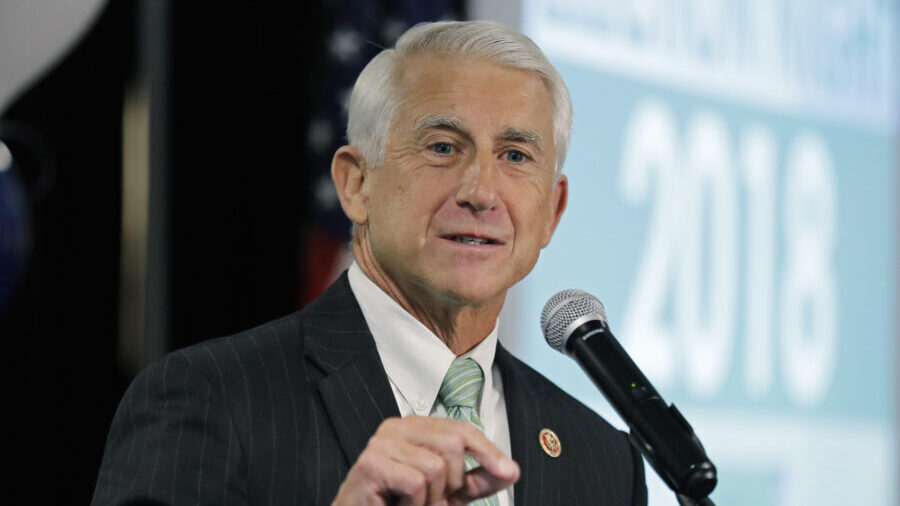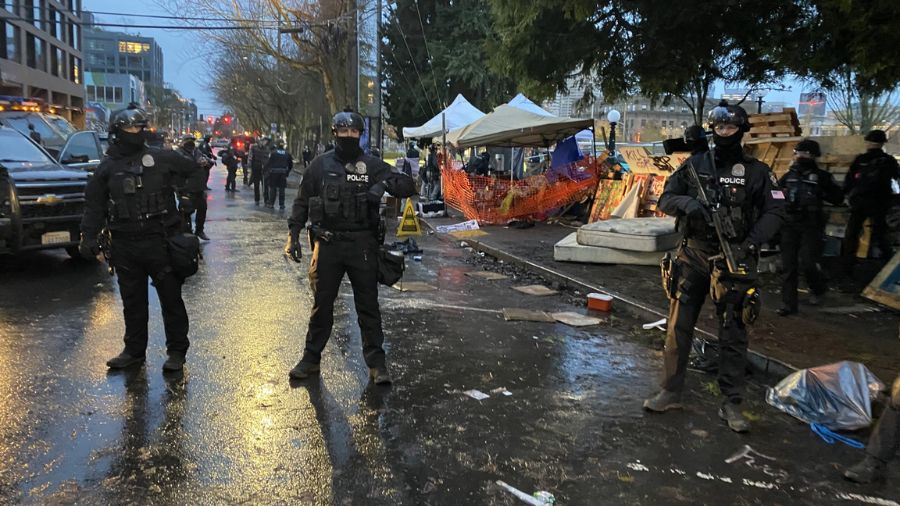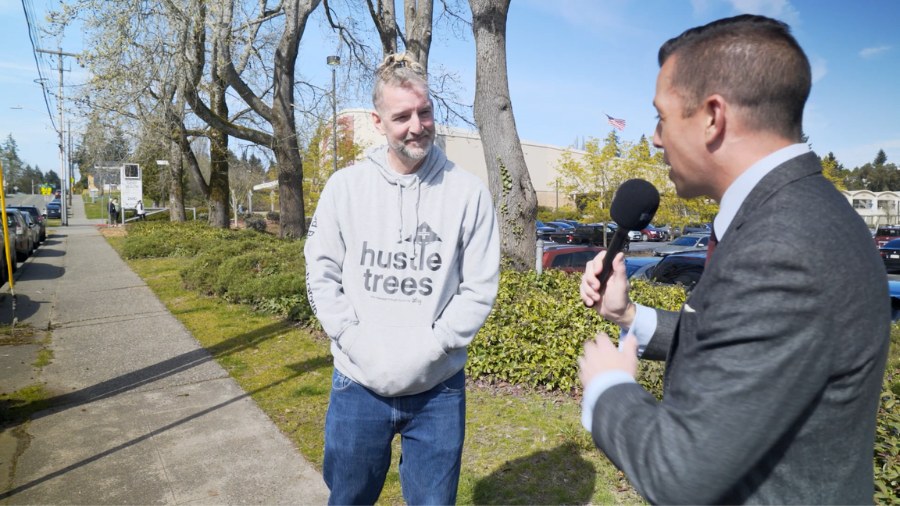I-27 supporters target Supreme Court, county council
Oct 25, 2017, 3:49 PM | Updated: 4:31 pm

Washington State Supreme Court. (Harvey Barrison, Flickr)
(Harvey Barrison, Flickr)
The grassroots group behind Initiative 27 to ban safe injection sites in King County is not losing any speed after their courtroom defeat. They are moving on to the state Supreme Court.
RELATED: I-27 loses in King County court
“We hired a couple of attorneys — Mark Lamb and Phil Talmadge,” said Josh Freed with Safe King County, the group behind I-27, on AM 770 KTTH’s Jason Rantz Show.
“Phil was a Supreme Court justice for many years and a former candidate for governor,” he said. “Just two days ago we gave a notice of appeal with an expedited review request to the Washington State Supreme Court to reinstate the right for 1.3 million voters in (King County) to participate in the elections process.”
A King County judged ruled this month that I-27 fell outside the purview of the initiative process, and therefore could not be on the next ballot in February 2018. Judge Veronica Alicea Galvan concluded that “Where a state law gives power to a municipality’s ‘legislative authority’ or ‘governing body,’ local direct legislation through initiative power or referendum cannot supplant, place conditions, or limit the legislative body’s exercise of that power … I-27 proposes to engage in the appropriations process through prohibition of funding and therefore impinges upon the legislative authority of the county.”
Basically, the initiative process cannot overrule the health department on matters of public health. This was the argument that Protect Public Health — a collection of groups such as the ACLU and the City of Seattle — argued when they filed a lawsuit against I-27. The judge said that the initiative, in its entirety, extends beyond the scope of the local initiative power and ordered it was void and should be removed from the February ballot.
I-27 supporters disagree.
“For many years, Washington state has been a place where initiatives have been a welcome process … in 1970, abortion was legalized in Washington state … most recently we’ve seen medical marijuana and recreational marijuana legalized through the initiative process,” Freed said. “So when it comes to public health, initiatives have been used several times before. But what the ACLU and the City of Seattle don’t like is when we are encroaching on their desire to push forward with one of the most dangerous health care, drug policies in America – legalized heroin use and possession in the form of heroin injection rooms.”
Freed hopes that the state Supreme Court will rule in their favor in time to get the initiative on the next ballot. That deadline is Dec. 15. If not, they will fight for the following ballot. In the meantime, King County aims to place two CHEL (Community Health Engagement Locations), or safe injection sites, in the region — one in Seattle. Some cities in King County, such as Bellevue, have moved ahead and banned the sites on their own. The county has said that it won’t place the sites in cities that do not want them.
“The sad thing is I went to a King County Council meeting two weeks ago and Rod Dembowski and others started changing their tune on that because they are considering heroin injection sites an essential public service, meaning they will put it wherever they darn well please,” Freed said.
“But at this point, as the law stands, they will only put them in cities that want them,” he said. “It leaves people in the unincorporated county exposed. That’s why I-27 is so important. It gives those people a voice who don’t have a city council standing against it.”
Freed added that it’s not just the initiative process that his group is focusing on. They want to go after the council members who brought forth the safe injection plan to begin with.
“We do have more than one front going on in this battle … when you see people like Claudia Balducci, her own City of Bellevue put a ban on this, you would think her district that is 75 percent against heroin injection sites would come out in the next election to make sure she does not get re-elected,” Freed said.
“We also have other King County council members like Rod Dembowski who actually sits as the chair of the King County health board as an attorney … Rod’s a lawyer and he’s overseeing our public health board,” he said. “He’s not an expert on public health. I think people in the county whose lives have been affected by heroin use, who have lost loved ones to heroin use, those people can be the authority … and should have the right to vote.”














